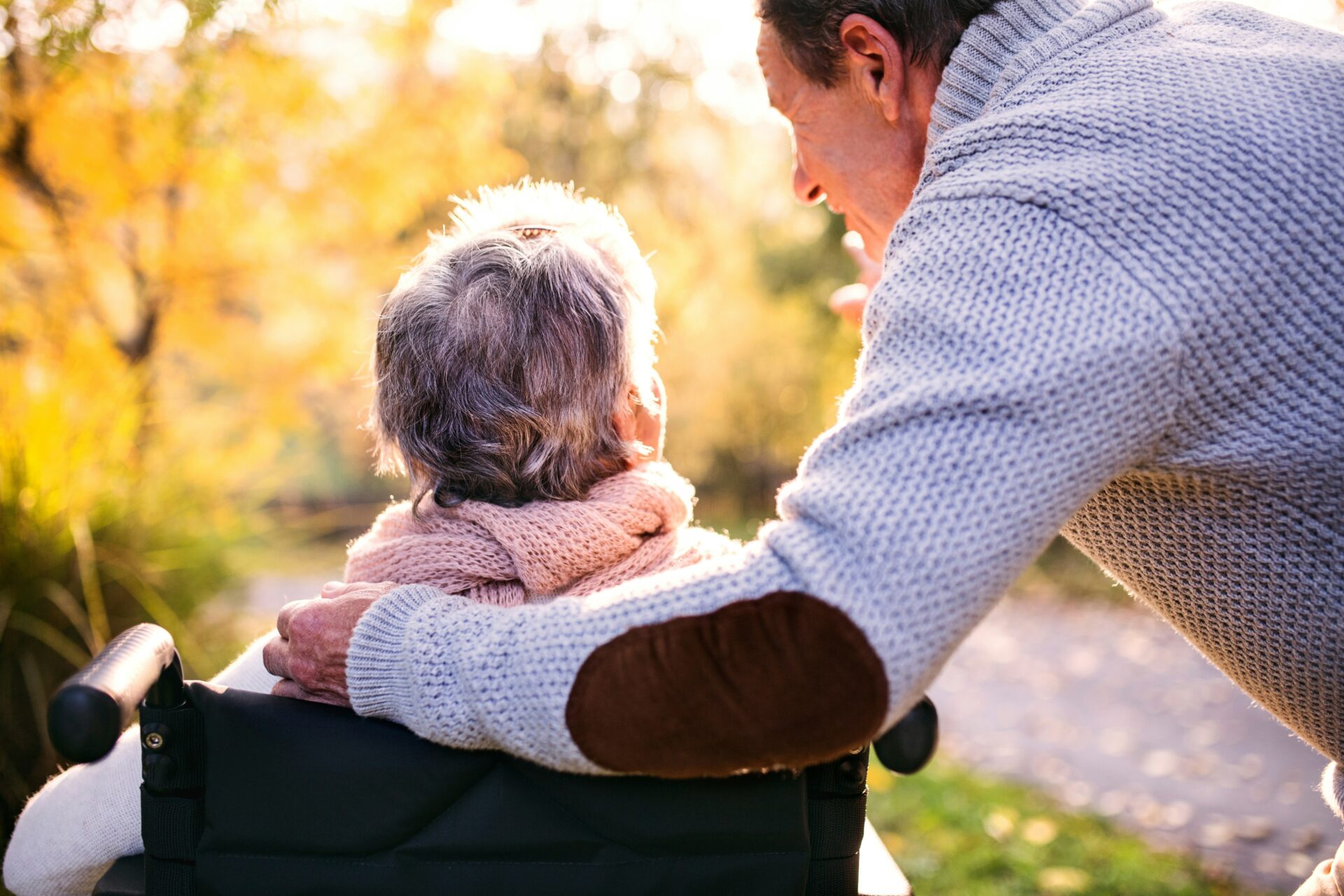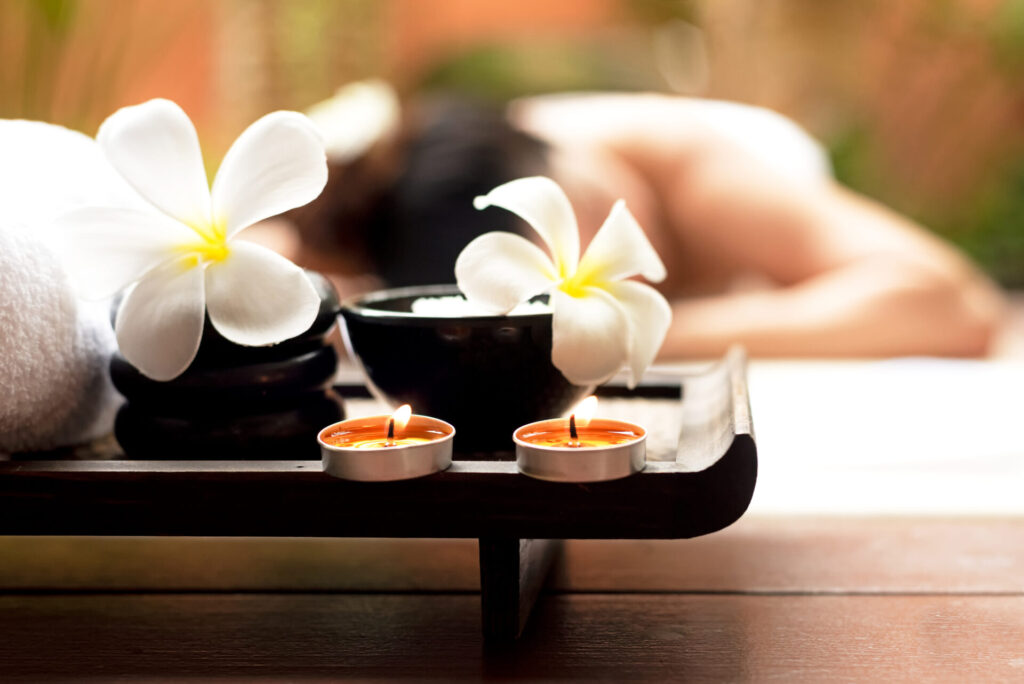Sometimes a book lands in your lap at the perfect moment. In Safe Hands by Ivy Ngeow was my holiday reading and from the first chapter, I found myself nodding along. Genevieve, the main character, returns to London from Singapore to care for her ailing father. But uprooting her familiar expat life and coming home after a long absence meant she got more than she bargained for, especially when her vision of what it would look like to care for elderly parents did not match the reality.
Without spoiling the plot, Ivy Ngeow’s themes of guilt, frustration and feeling disconnected from home will resonate with many expats, myself included. My father, newly diagnosed with Alzheimer’s, is 10,000 miles away and some days, I feel like I am one upsetting call away from booking the next available flight and doing… I’m not sure what. But it’s hard not to feel the pull of home when your parents start requiring more care and support.
Anne Jackson, a UAE-based therapeutic coach, describes the challenge of supporting elderly parents in another country as an ’emotional tug-of-war’, and one that can be harder, the further away your family might be.
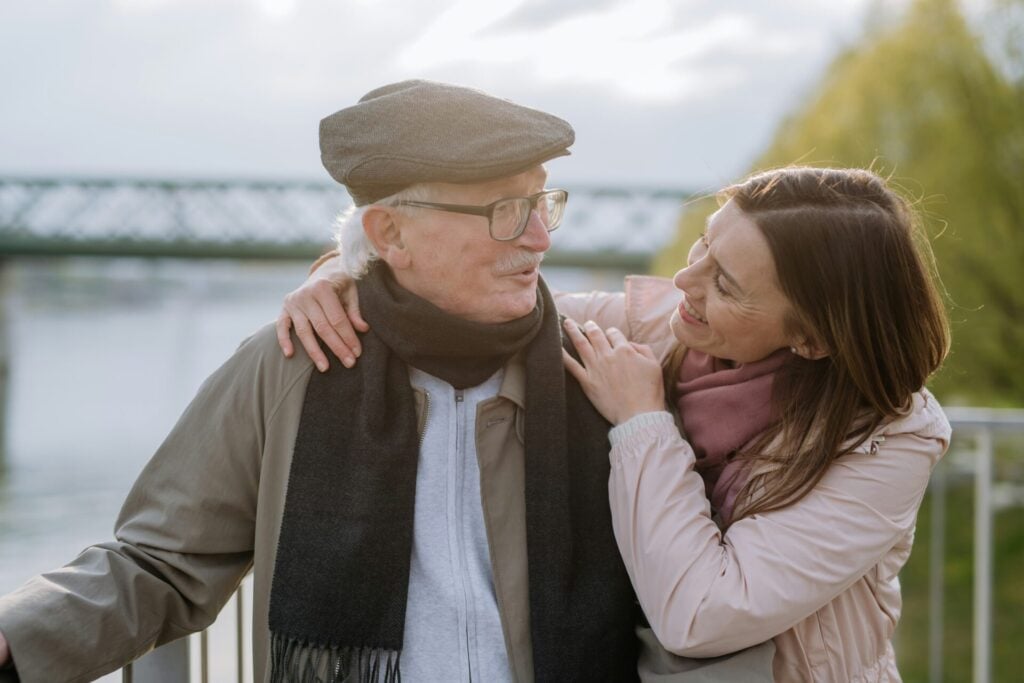
‘You’re building a life in one country while feeling an awareness, or even pressure, that in another country, things are changing for those you love,’ says Anne. ‘And let’s not forget the actual physical distance – popping over for the weekend isn’t really an option from the UAE if your parents are in Canada or New Zealand, but if they’re in the Levant, it can be easily done.’
Cultural expectations
‘No matter where they are, there’s often guilt over not being continuously physically present, frustration from siblings who may feel burdened, and a cultural pull, stronger from traditions where returning to care for parents is expected,’ Anne explains, adding that ‘even in 2025’, it is often women who are ‘disproportionately expected‘ to bear the caregiving responsibilities.
For those who have made the UAE their long-term home, ‘going back can feel like leaving behind an established life for a country and community that may no longer feel like home.’
Hallie, 44, is American, has lived in the Middle East, Asia and Europe, and currently lives in the Netherlands with her British husband. Her mother died in 2021 and her father has cancer, but she is staying put for the time being.
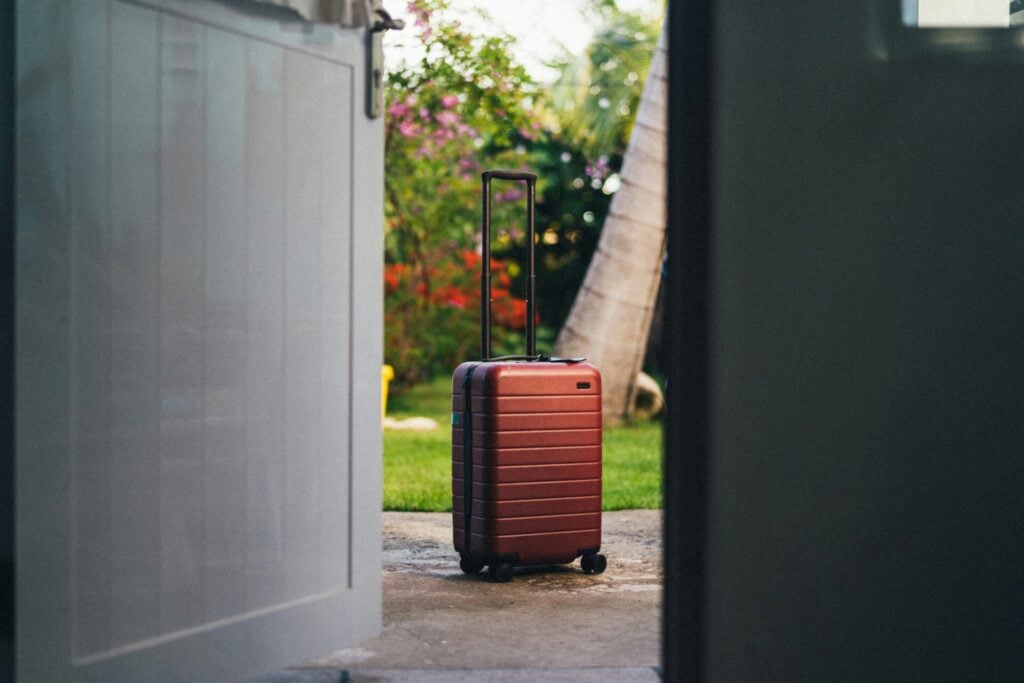
‘I am very involved, but many carer duties fall to my sister, although I offer as much support and assistance as possible,’ says Hallie. ‘I feel guilty and it’s hard being so far away, but I cope by making sure I am part of the family dynamic and going there when I can.’
There are practical reasons for Hallie and her husband remaining in the Netherlands. They have Brexit-beating Dutch residency visas, which are less bureaucratic than the process Hallie would go through to obtain a UK spouse visa. Additionally, they are not keen to move to the US in the current political climate.
‘Right now, I would not want to have a foreign citizen spouse in the US at all due to the political situation, particularly that surrounding immigrants,’ she explains.
Reflecting on how much she can help her father, she says, ‘I don’t know how you really can be a carer from afar. I’m involved and I’m caring, supporting however I can, whether it’s through visits, phone calls, even a little financial help, but distance creates limits.”
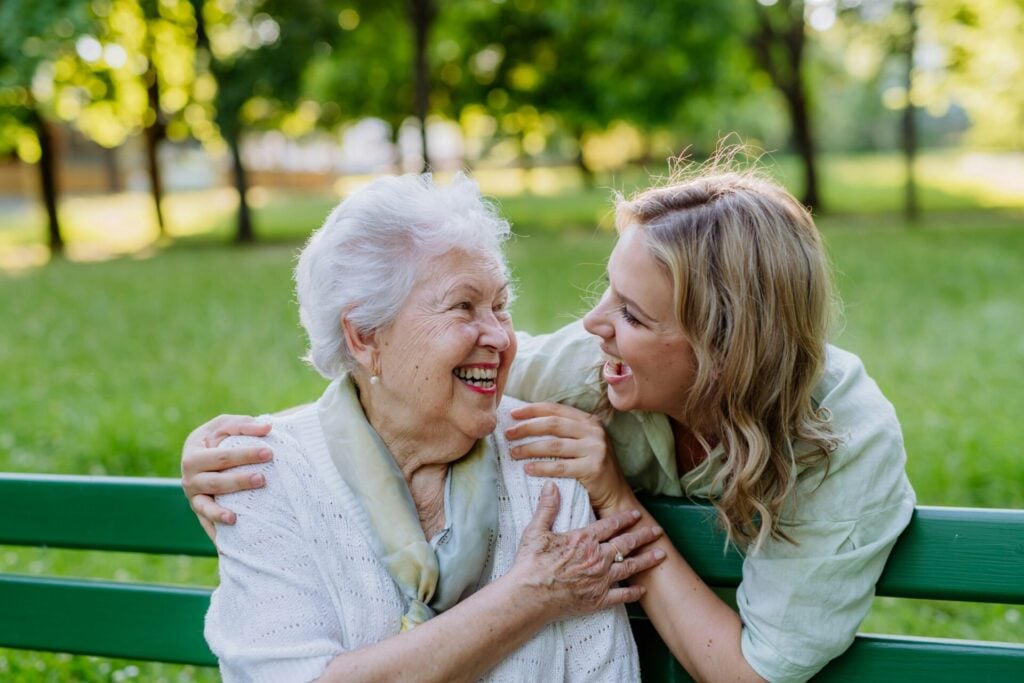
Susan was 54 when she decided to return to her native Scotland after 15 years in Dubai. Her father died four years earlier and she had resisted going home to be closer to her mother, but she ‘got to the point where it was just too stressful for me to not go back.’
It is possible to be a carer from afar ‘up to a point’, according to Susan: ‘I spoke to my mum by video chat every day and I did her shopping online for her.’
‘A concentrated visit can sometimes offer more support than being around occasionally, but distracted by your own life. With thoughtful planning, it’s possible to support from afar without losing yourself in the process.’
Anne Jackson, UAE-based therapeutic coach
She praises Scotland’s ‘excellent’ care system and she was in constant contact with her mother’s carers, doctor and social worker, who helped her make the decision to return home. However, packing up her life in Dubai was not without its challenges.
‘When I made the decision to go back and take care of her, I had to dump my business. My business partner was not happy and hasn’t spoken to me since,’ Susan recalls. ‘But I did my best to make it work, until my best from 4,000km away wasn’t good enough.’
‘It was a really hard decision – and being a full-time carer was really hard – but I’m glad I did it and was able to make sure my mum’s final years were good ones,’ says Susan, whose mother died shortly after her 92nd birthday. ‘Her doctor told me she expected her to only be around for a couple of months, but she kept going for another three years, so I guess I did a good job.’
Feeling guilty for staying put?
Anne says the first step is to let go of ‘all-or-nothing’ thinking when it comes to thinking about caring for elderly parents abroad: ‘Managing guilt starts with managing expectations, yours and others.’
‘Guilt usually shows up when we’re measuring ourselves against an idealised version of what we think we should be doing, but life changes and circumstances, values, and priorities evolve,’ says Anne. ‘Choosing not to return doesn’t mean you don’t care; it means you’re making a considered decision based on your current reality’.
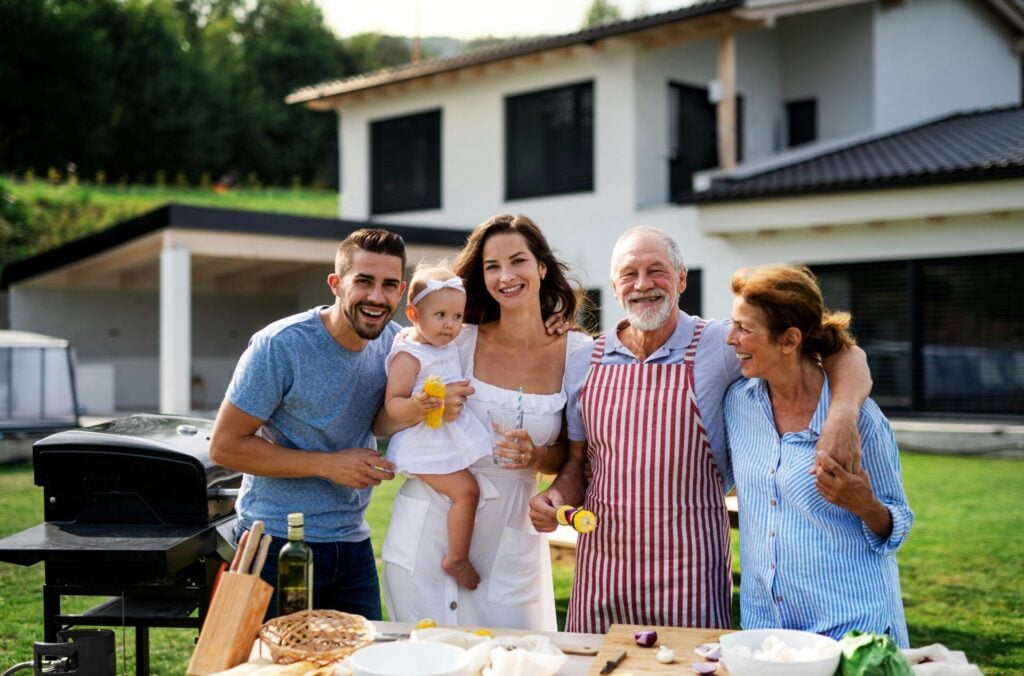
She says the decision to stay or go to care for elderly parents is not final because life allows for flexibility, such as moving back to your home country for a trial period to see if it works for you and your family, bringing elderly parents over to visit if they are able to travel, or using technology to work remotely while visiting them.
While Hallie admits to feelings of guilt, especially as her sister takes on most of the caring responsibilities, Anne says that visiting your home country is a great way to give your siblings ‘meaningful respite.’
‘A concentrated visit can sometimes offer more support than being around occasionally, but distracted by your own life,’ Anne advises. ‘With thoughtful planning, it’s possible to support from afar without losing yourself in the process.’
‘I know someone who watches her favourite series with her mum every weekend on Zoom, and another who takes his dad along on golf trips by video call. There are many ways to stay emotionally close without being physically present full-time’
Anne Jackson, UAE-based therapeutic coach
When you’re not in your home country, Anne says you can still offer practical, emotional and financial support to elderly parents: ‘It’s just a different version of care, and one of the best ways to manage guilt is to shift it into gratitude.’
Rather than feeling guilty about what is not possible, Anne recommends being grateful for what is possible, such as being able to visit elderly parents regularly, working remotely from your parents’ home, bringing them to you if possible, and staying in regular communication.
‘I know someone who watches her favourite series with her mum every weekend on Zoom, and another who takes his dad along on golf trips by video call,’ says Anne. ‘There are many ways to stay emotionally close without being physically present full-time. And knowing you’re not locked into one decision forever can make the process feel far less overwhelming.’
Supporting Elderly Parents Without Losing Yourself
‘Start by giving yourself permission to explore all the options, not just the extremes,’ says Anne. ‘People often forget they can try something and pivot if it’s not right. I know expats who returned to their home countries, only to realise it was no longer for them and return. That’s not failure, it’s clarity.’
As Susan can attest, the decision to move back to your home country is rarely easy, but there are steps expats can take to make the process easier. Anne suggests talking to people you trust, such as a trained life coach or therapist, or friends who have walked a similar path, to figure out what staying or going would really look like for you.
‘Life is about trying, adapting, and honouring what we can do, not just dwelling on what we can’t,’ says Anne. ‘And remember, our choices aren’t fixed, we’re allowed to change our minds as our lives evolve.’
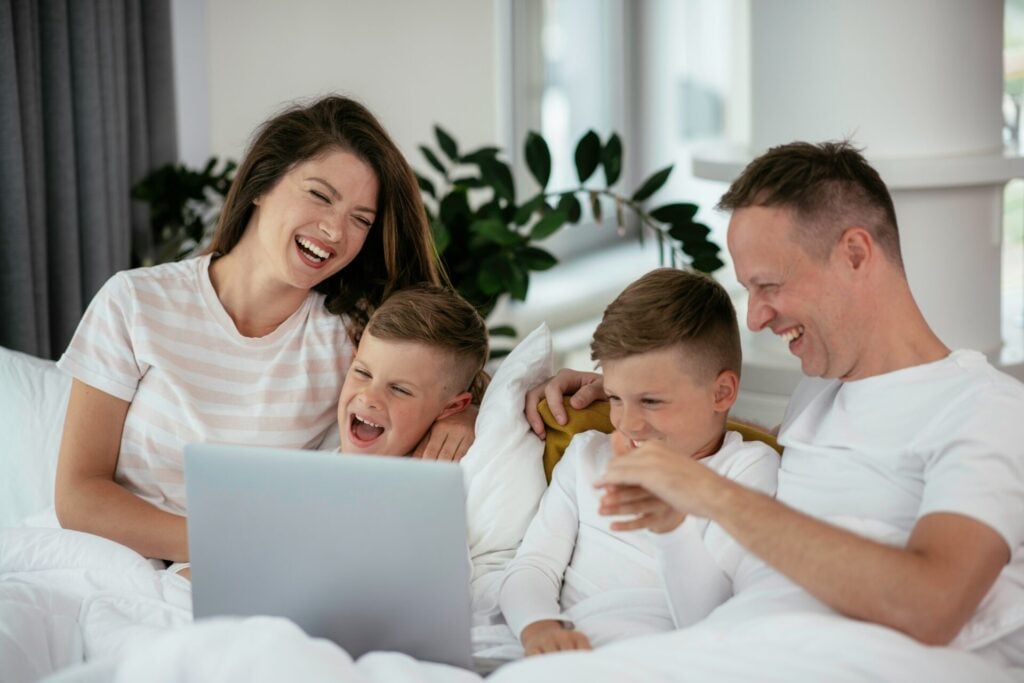
Just as the fictional Genevieve quickly discovers the reality of turning up in her ailing father’s life was nothing like her vision of simply moving in and fixing everything, expectation management is crucial if you decide to pack up your expat life. It’s a process that Anne says can be ‘deeply rewarding or unexpectedly difficult’, especially if becoming your elderly parents’ primary caregiver leads to feelings of lost independence or disconnection from a place that no longer feels like home. The weight of expectations – yours, your parents and your siblings – can add to the pressure.
‘The most important thing is to be realistic – you’re there to help, not to give up your whole life,’ Anne reminds us. ‘Boundaries and self-care matter. Keep a part of your own identity and autonomy intact.’
No matter what you decide, Anne says it is important to give yourself ‘compassion and flexibility’ because this is a life stage that offers us ‘the rare chance to make more conscious choices than before and to keep evolving them as we go.’
Anne sums up the personal priorities that need to be considered when decisions are made about caring for elderly parents from anywhere in the world: ‘Whether we stay, return or find a middle ground, the most important thing is that our choices are made with honesty, care and self-respect. We can support our parents with love without losing ourselves in the process.’

